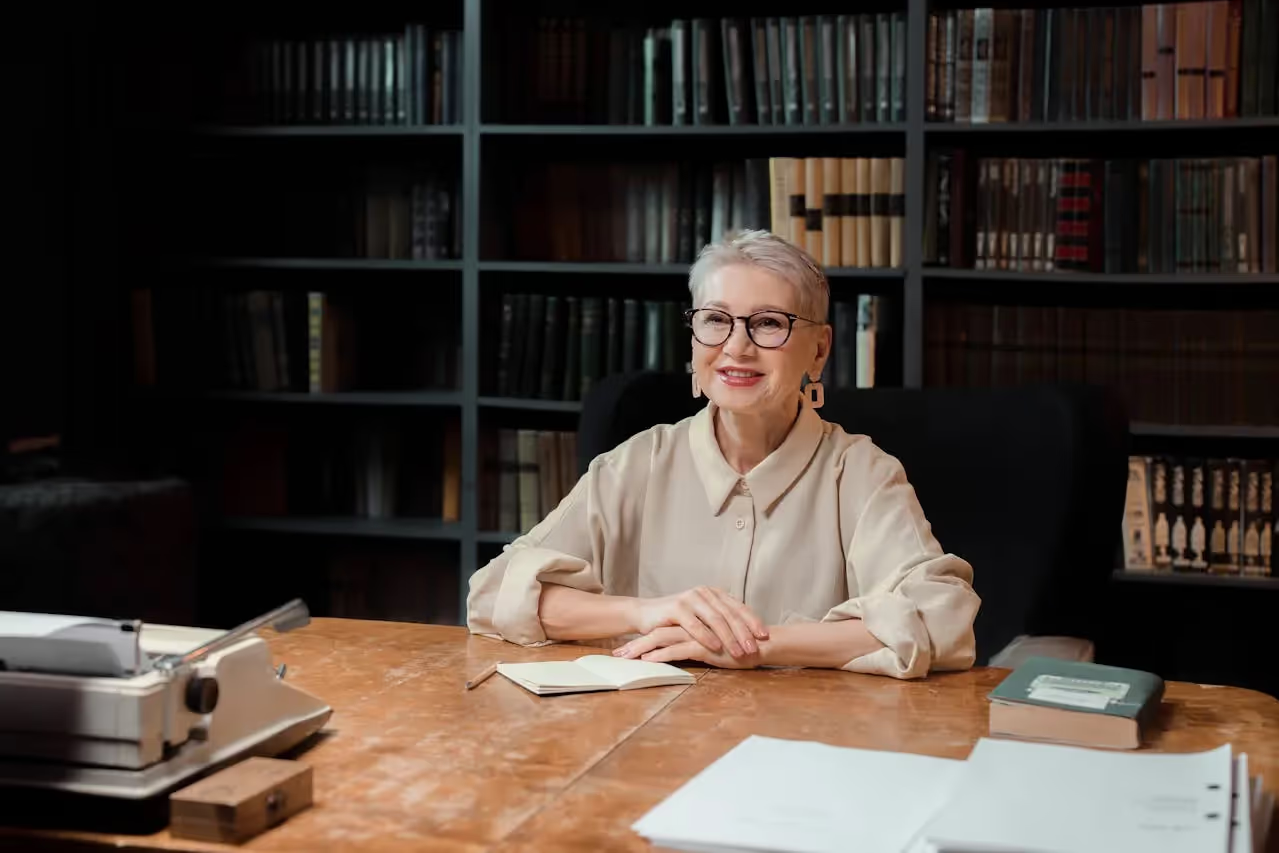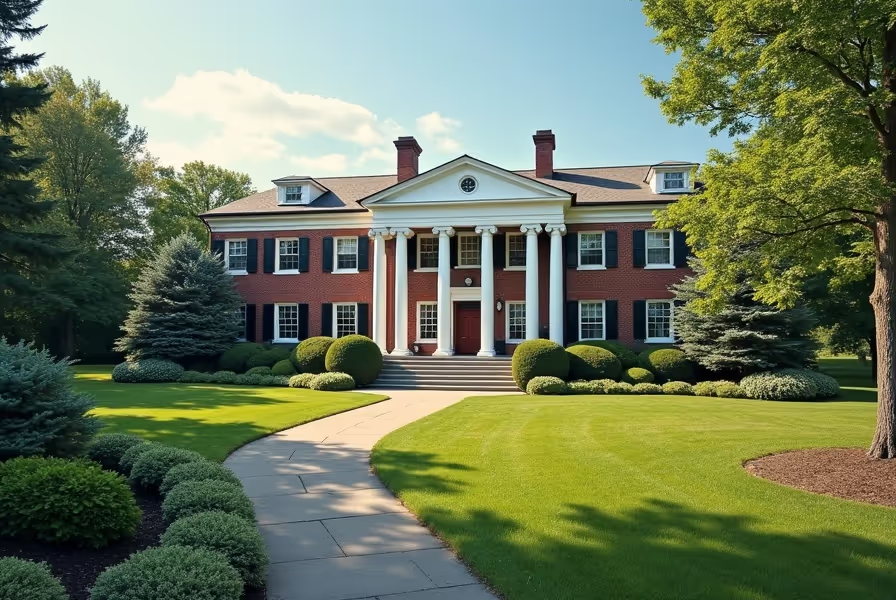Behind the Scenes: What It Takes to Work in Museum Studies
Deciding what to study in college or thinking about continuing your education? Have you ever considered how unique, interesting, and rewarding a career in museum studies could be? Prepare to dive into the intriguing world of museums and explore what it’s like to work behind the scenes. We'll shed light on the steps you need to take to create a lasting, meaningful career amidst history, culture, and knowledge.
The Allure of Museum Studies
Museum studies, also known as museology, is a multidisciplinary field that comprises a wide range of aspects including history, art, anthropology, conservation, education, and management. Coupling historical knowledge and contemporary practices, museum professionals curate our past to bring understanding to the present and inspiration for the future. It's a career path that offers fulfillment, constant learning, and the ability to share knowledge with thousands of visitors each year.
Essential Skills and Abilities
Beyond the love for art, artifacts, or history, professionals in museum studies need a particular skill set to succeed. Strong research, curatorial, communication, project management, and critical thinking skills are crucial. Adaptability is also important. Museums are increasingly utilizing modern technologies like digital exhibits, VR, and AR, so being a quick technology learner can give you an edge.
Educational Pathways
Gaining a foothold in the museum sector often starts with obtaining a Bachelor's degree in History, Art, Anthropology, or a related field. However, a Master's degree in Museum Studies will give you a substantial leg up in the job market. These programs provide specialized, comprehensive knowledge and training about the museum world.
Furthermore, many universities offer internships, assistantships, or work-study programs that provide crucial on-the-job training and networking opportunities.
Career Prospects and Opportunities
A degree in museum studies can open doors to a versatile range of careers. You could work as a curator, choosing artifacts and artworks for exhibits, or as an archivist, preserving items and documents for future generations.
If education is your passion, you could be an educational officer or program coordinator, designing outreach programs and workshops. As a conservator, you could meticulously restore and preserve valuable items. Opportunities in museum management and administration are also abundant.
The Intangible Rewards
Working in museum studies is more than just a job; it's contributing to the preservation and interpretation of human history and heritage. It's about creating meaningful experiences that bridge the gap between past, present, and future. Be it the joy on a child's face during a school visit, the awe-inspiring moment when a visitor views a priceless work of art, or the satisfaction that comes from doing painstaking research, the rewards in museum studies are endless and deeply gratifying.
Conclusion: Laying the Groundwork for Your Career
The career path in museum studies is undeniably fascinating and enriching. It will challenge you, inspire you, and provide you with the opportunity to make impactful contributions to society. And while it requires a specific set of skills and education, with the right training and exposure, you can propel yourself into an exciting and rewarding future in this immensely fascinating field.
Choosing museum studies isn't about deciding what you're going to do; rather, it's about deciding what you're going to learn – and how those lessons will inspire you and help shape the lens through which you view the world.
















.svg)



